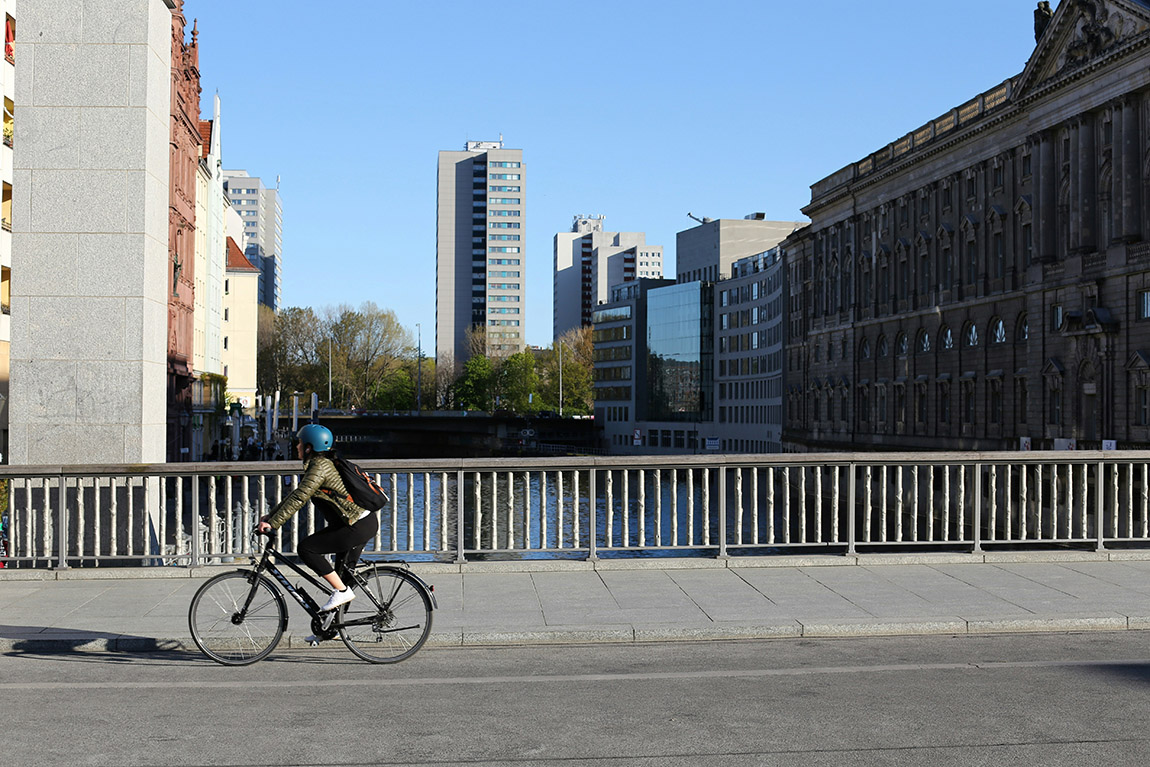Barbara Geier: Embracing German?
TEXT & PHOTOS: BARBARA GEIER

German is not a very popular foreign language in British schools, is it? After decades of living in the UK I can count the number of people I met that studied German in school on one hand. Reverse that and you’d need dozens of hands for all the Germans you’d meet as a Brit in Germany who’ve studied English in school. In 2022, a teacher of Modern Foreign Languages started a petition on change.org to the then Secretary of State for Education “to reverse the decline and make German a popular choice for GCSE and A-Level once more“. According to the figures she quoted, in 2001, 571,000 students completed a GCSE qualification in German while that figure was just 40,748 in 2020. At A-Level, 2,666 were entered for the qualification in German in 2020, compared to 8,033 in Spanish and 7,557 in French.
This teacher bemoans that German language learning is not being promoted, despite Germany being the second biggest trading partner to the UK and “a culturally rich and interesting country situated geographically close to the UK“. As much as I’d encourage everyone to learn German (and foreign languages in general, it changes your brain for the better!), I sometimes wonder how strong the argument for German is when modern Germany seems to be hellbent on making its native language as English as possible by adopting English words at lightning speed. On the one hand, I observe that with fascination because as a language lover I appreciate that languages are living, breathing beings, forever evolving.
On the other hand, all that Denglisch, i.e. the ever-growing use of anglicism and pseudo-anglicisms in the German language, sometimes drives me mad. I think it’s because I’m too close to the English language not to be “offended” on its behalf by how German speakers wrangle English words into something that follows German grammar and verb forms. Let me give you a typical example: The English verb “to swipe” has in everyday online language become swipen in German (blame Tinder) and I even found it in a German dictionary as such, with its main verb forms given as er/sie swipt (“he/she swipes”), er/sie swipte (“he/she swiped”), er/sie hat geswipt (he/she has swiped). Ahhhhhhhhhhh.
Now, of course, there’s a German word for this gesture you make on your mobile or other screen which you’ll also find in ENG-GER dictionaries – wischen – but why use that when swipen, to German ears, sounds so much cooler and better than wischen. And what can I say, it’s true, wischen just sounds wrong for – swipen. Hey, maybe that’s an argument for getting more UK kids to learn English: Don’t worry, it’s not that German after all, just a bit Denglisch.
Barbara Geier is a London-based freelance writer, translator and communications consultant. She is also the face behind www.germanyiswunderbar.com, a German travel and tourism guide and blog that was set up together with UK travel writer Andrew Eames in 2010. Disclaimer: The views and opinions expressed in this column are those of the author and do not necessarily reflect the official policy or position of Discover Germany, Switzerland & Austria.
Subscribe to Our Newsletter
Receive our monthly newsletter by email




